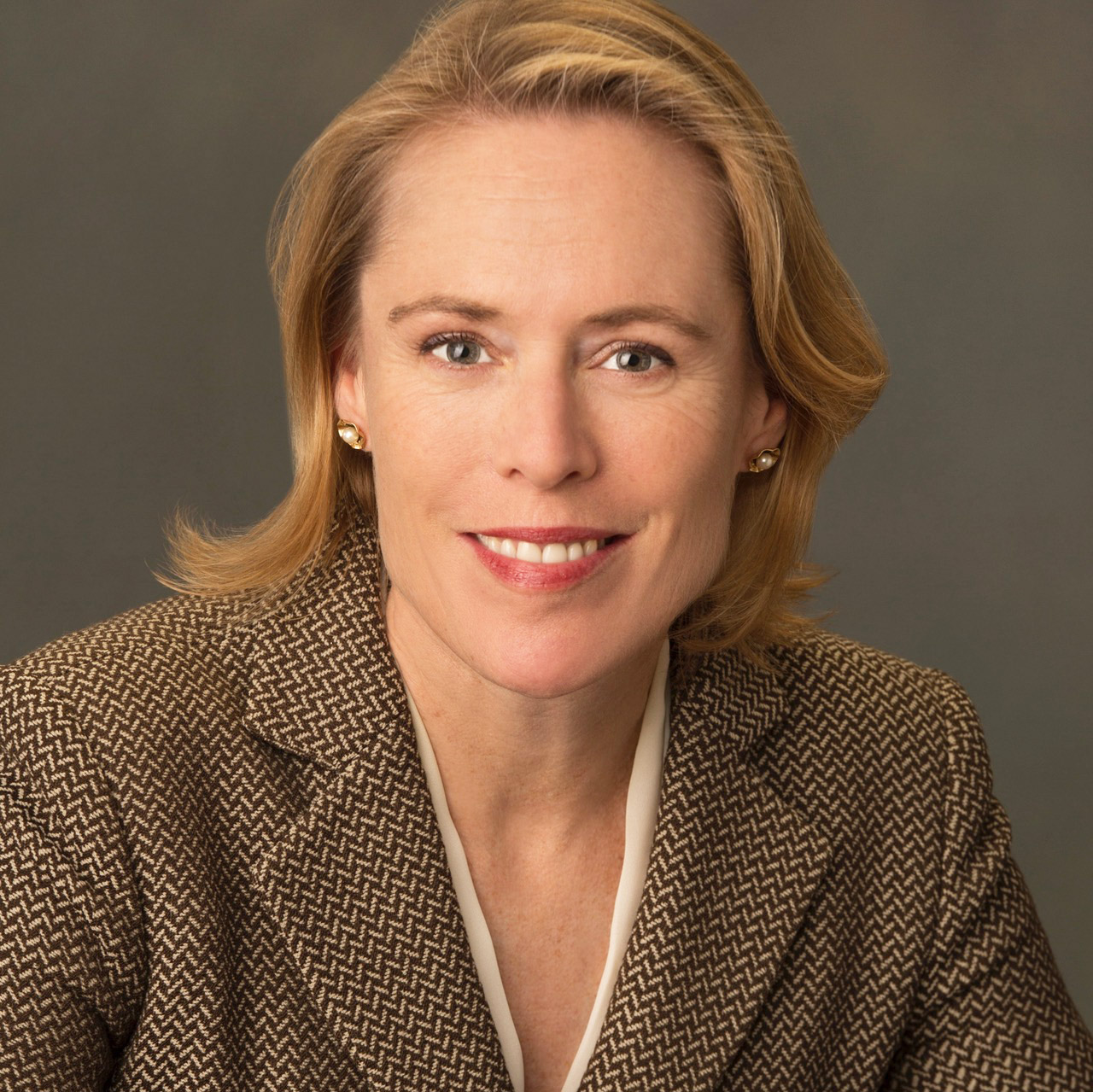In the News
News
Jan 07, 2017
Ten Things You Should Know About Accessory Dwelling Units (In-Law Apartments)
Jan 07, 2017
By By Rachel F. Ginis, Executive Director, Lilypad Homes

With the high cost of housing, “in-law apartments” can significantly expand housing availability and advance other social goods such as allowing seniors to age in place. Getting local approval for these units has often been difficult and last year, the state legislature took steps to eliminate several barriers to approval.
1. Two bills signed by Governor Brown in the last legislative session are mandated amendments to the state’s second unit law. They went into effect on January 1st, 2017. To start, the term “second unit” (the official term under the old law for in-law units) is being replaced with “accessory dwelling unit” (ADU) in permitting code throughout the state.
2. An ADU is defined as a permanent dwelling that is accessory to a legal primary dwelling on the same residential property. An accessory dwelling unit provides complete independent living facilities for one or more persons, including permanent provisions for living, sleeping, eating, cooking, and sanitation.
3. AB 2299 - Land use: housing: 2nd units (Bloom) addresses ADU parking, utility, and fire sprinkler provisions, and SB 1069 – Land Use: zoning (Wieckowski) was reconciled with AB 2299 so it contains much of the same language, plus much more related to affordable housing. Together these two laws make it considerably simpler and less costly to create an ADU by removing some of the difficult, if not impossible, and costly requirements associated with fire sprinklers, utility fees and parking.
4. A local agency is no longer allowed to impose parking standards for an accessory dwelling unit in any of the following instances:
• The accessory dwelling unit is located within one-half mile of public transit.
• The accessory dwelling unit is located within an architecturally and historically significant historic district.
• The accessory dwelling unit is part of the existing primary residence or an existing accessory structure.
• When on-street parking permits are required but not offered to the occupant of the accessory dwelling unit.
• When there is a car share vehicle located within one block of the accessory dwelling unit.
5. Going forward, parking will be permitted in setback areas, through tandem parking or mechanical automobile parking lifts if a garage is being converted to an ADU unless specific findings are made that parking in setback areas or tandem parking is not feasible based upon specific site or regional topographical or fire and life safety conditions.
6. No setback shall be required for an existing garage that is converted to an accessory dwelling unit, and a setback of no more than five feet from the side and rear lot lines shall be required for an accessory dwelling unit that is constructed above a garage.
7. Local agencies cannot require the applicant to install a new or separate utility connection directly between the accessory dwelling unit and the utility or impose a related connection fee or capacity charge if the accessory dwelling unit is part of the existing primary residence or an existing accessory structure. This eliminates significant fees that have served as a major impediment in the past to homeowners considering ADU development.
8. The Governor also signed a third bill, which went into effect immediately, but jurisdictions still have to adopt the statute – it is not a mandate. AB 2406 Housing: junior accessory dwelling units (Thurmond) provides for a simple, in-law apartment that is made specifically from repurposing spare bedrooms. These units share central utility systems and remain connected to the main living area. JADUs provide flexible independent living facilities for one or more persons, including permanent provisions for living, sleeping, eating, and cooking. Cooking facilities are limited to an efficiency kitchen. Sanitation facilities may be independently provided or may be shared with occupants of the primary dwelling. JADUs offer the lowest cost housing option that can be developed relatively quickly.
9. Financing is available through the Marin Housing Authority to homeowners who are interested in creating an ADU or JADU on their property for the purpose of creating long-term housing. Two options are available; one based on the homeowner’s income, and the other based on the income of the person renting the unit.
10. Free feasibility assessments are available to homeowners who are interested in creating ADUs and JADUs for long-term housing. Lilypad Homes provides this service through funding from the Marin Housing Authority, a Marin County Community Service grant, and the Marin Community Foundation. Homeowners learn about the permitting environment, layout, financing opportunities and technical assistance that is available to help them in the development of these units.
Rachel held on to her home as a single working mom by temporarily turning the master bedroom into a lovely junior apartment. That experience led her to develop an innovative model for flexible housing and to successfully advocate for its adoption in California. She has been in high-end residential design for over twenty years, is a LEED accredited designer, and a general contractor. Rachel has a passion for small, efficient spaces and believes the home plays a critical role in financial and personal well-being.












